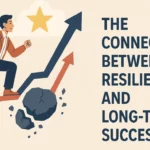Neuroscience of Discipline

Why Some People Are More Disciplined Than Others and How You Can Improve
Have you ever wondered why some people seem to have unshakable self-discipline, while others struggle to stay consistent with their ...
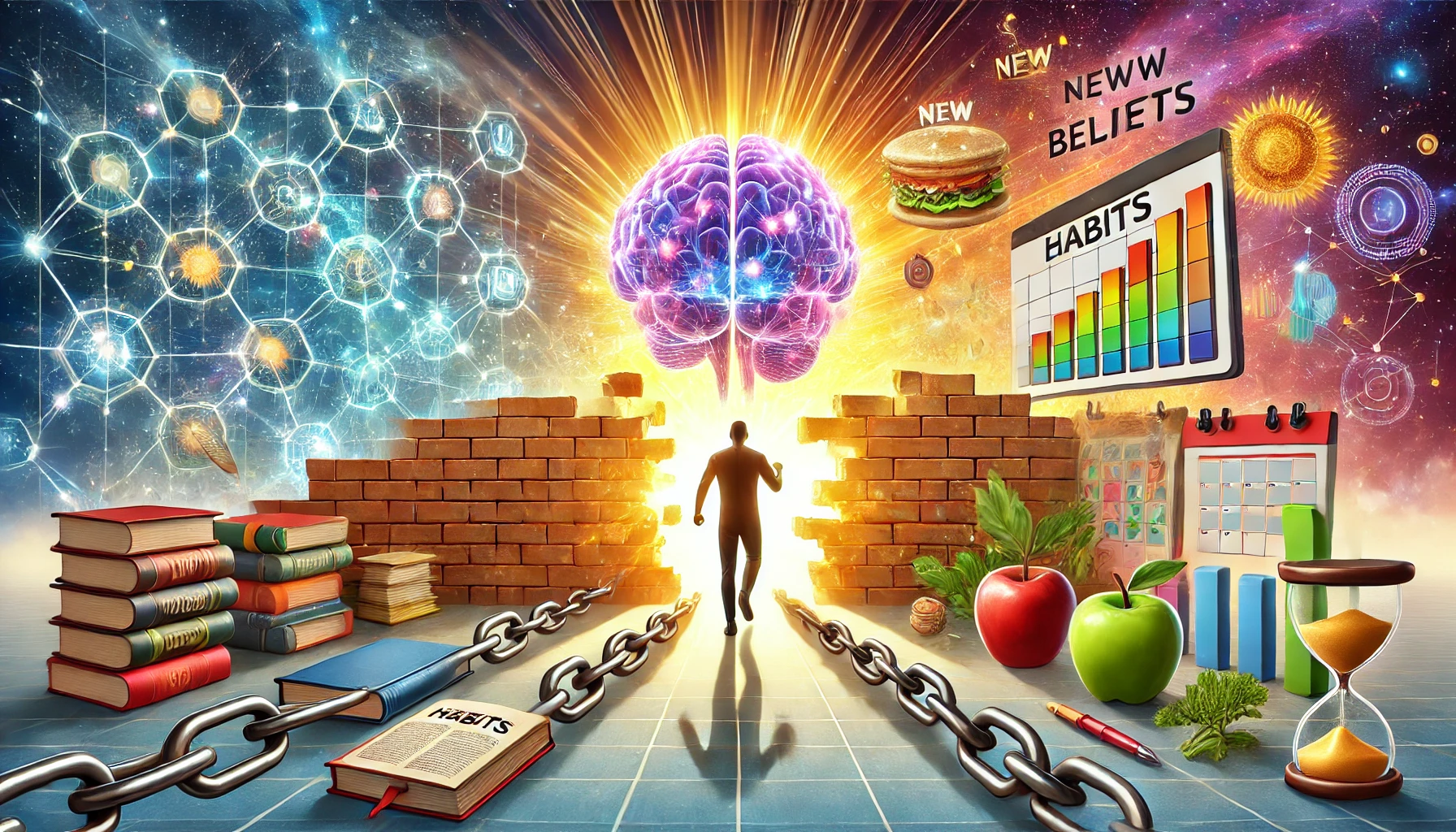
How to Reprogram Limiting Beliefs and Build Powerful Habits
Your habits are a reflection of your deeply ingrained beliefs. If you struggle with self-discipline, procrastination, or low motivation, the ...

The Impact of Stress on Self-Discipline and How to Control It
Self-discipline is essential for achieving goals, staying productive, and maintaining healthy habits. However, stress is one of the biggest obstacles ...
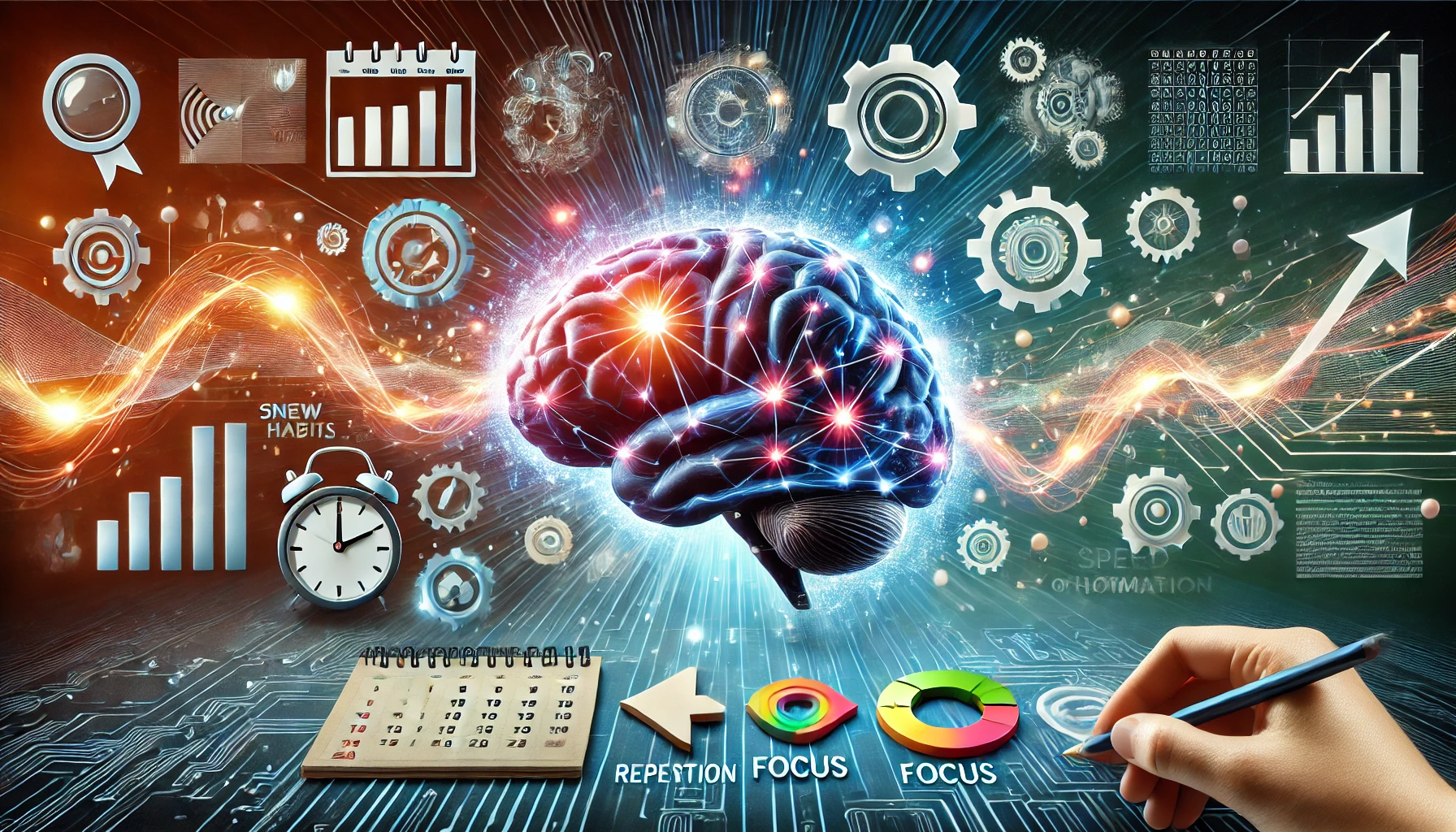
How the Brain Learns New Habits and How to Speed Up the Process
Developing a new habit can feel difficult at first, but neuroscience reveals that your brain is built for habit formation. ...
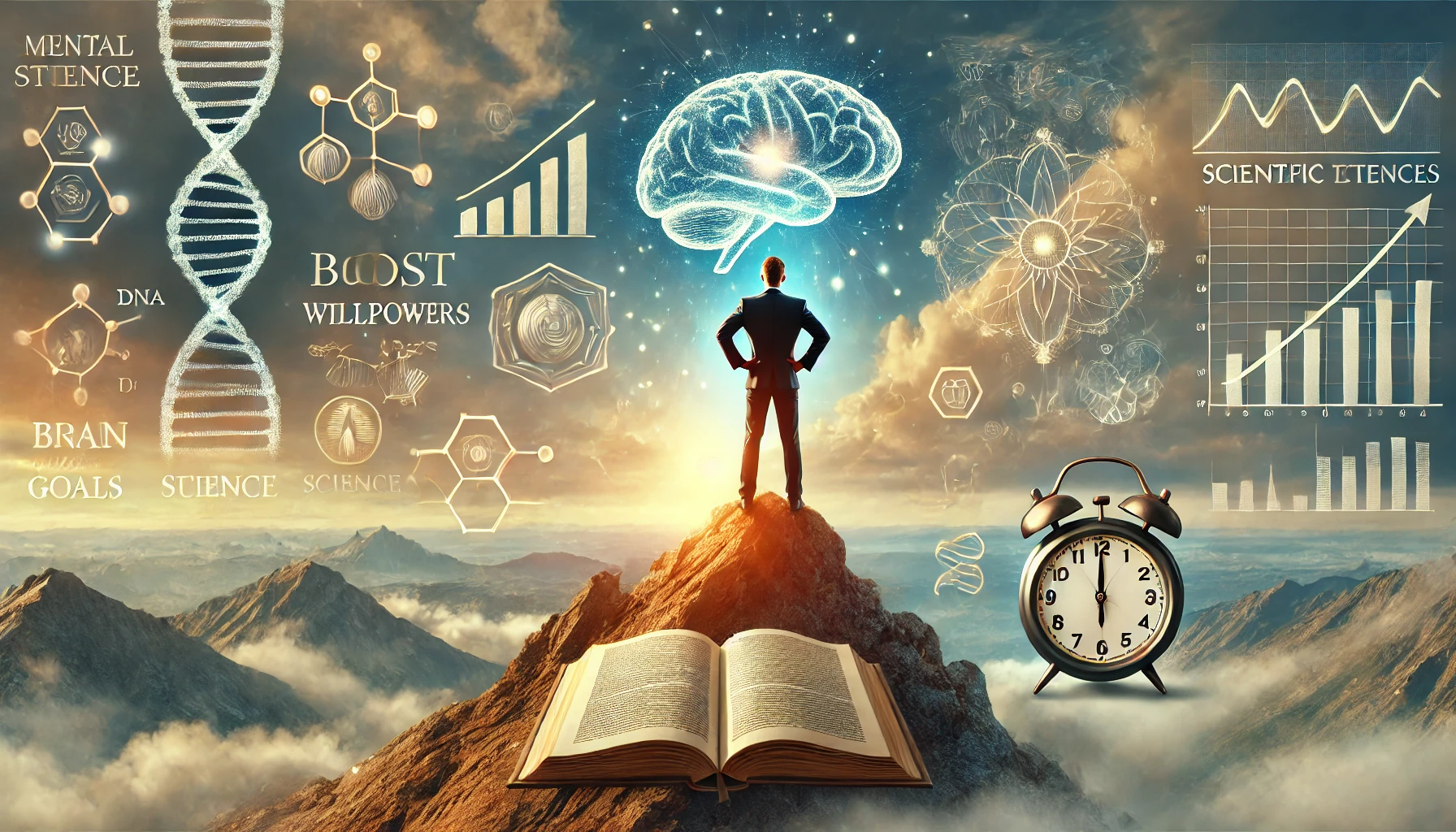
Scientific Techniques to Boost Your Willpower and Achieve Your Goals
Willpower is often thought of as a finite resource, but neuroscience shows that it can be trained and strengthened just ...
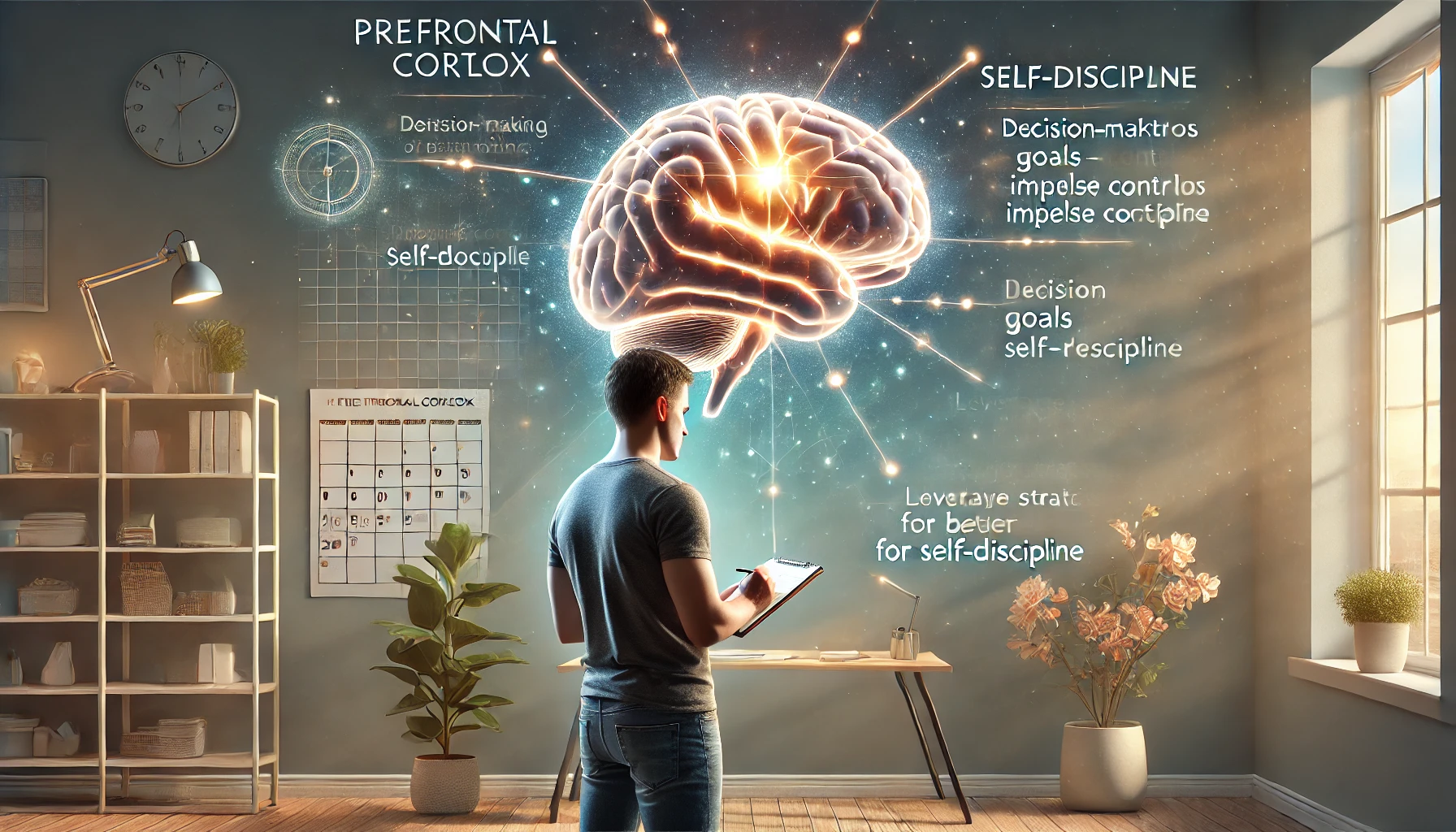
The Role of the Prefrontal Cortex in Self-Discipline and How to Leverage It
Self-discipline is often seen as a matter of willpower, but neuroscience reveals that it is deeply tied to a specific ...
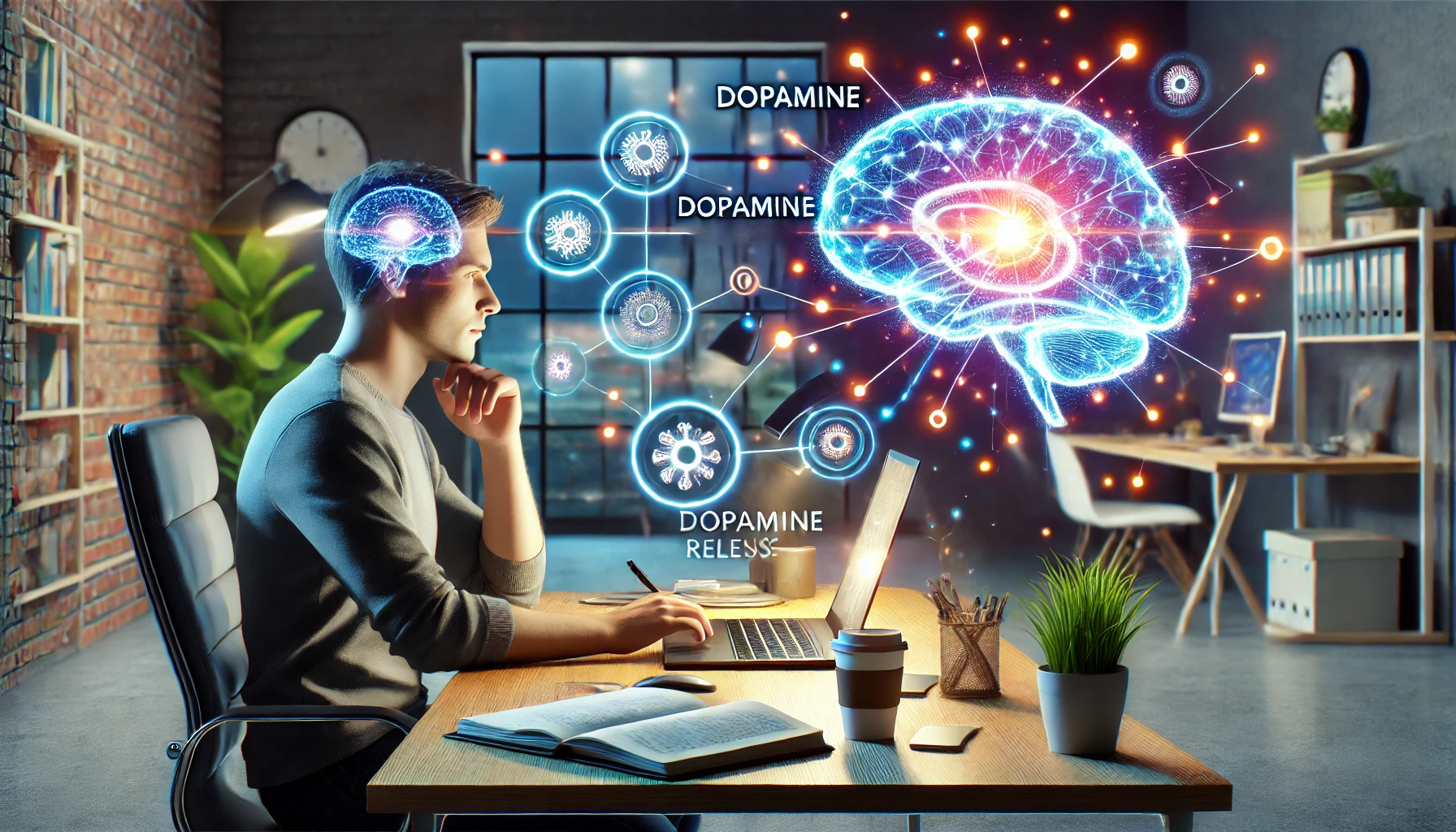
How Dopamine Affects Your Willpower and Focus at Work
Dopamine is often called the “feel-good” neurotransmitter, but its role goes far beyond pleasure. It is actually the key driver ...
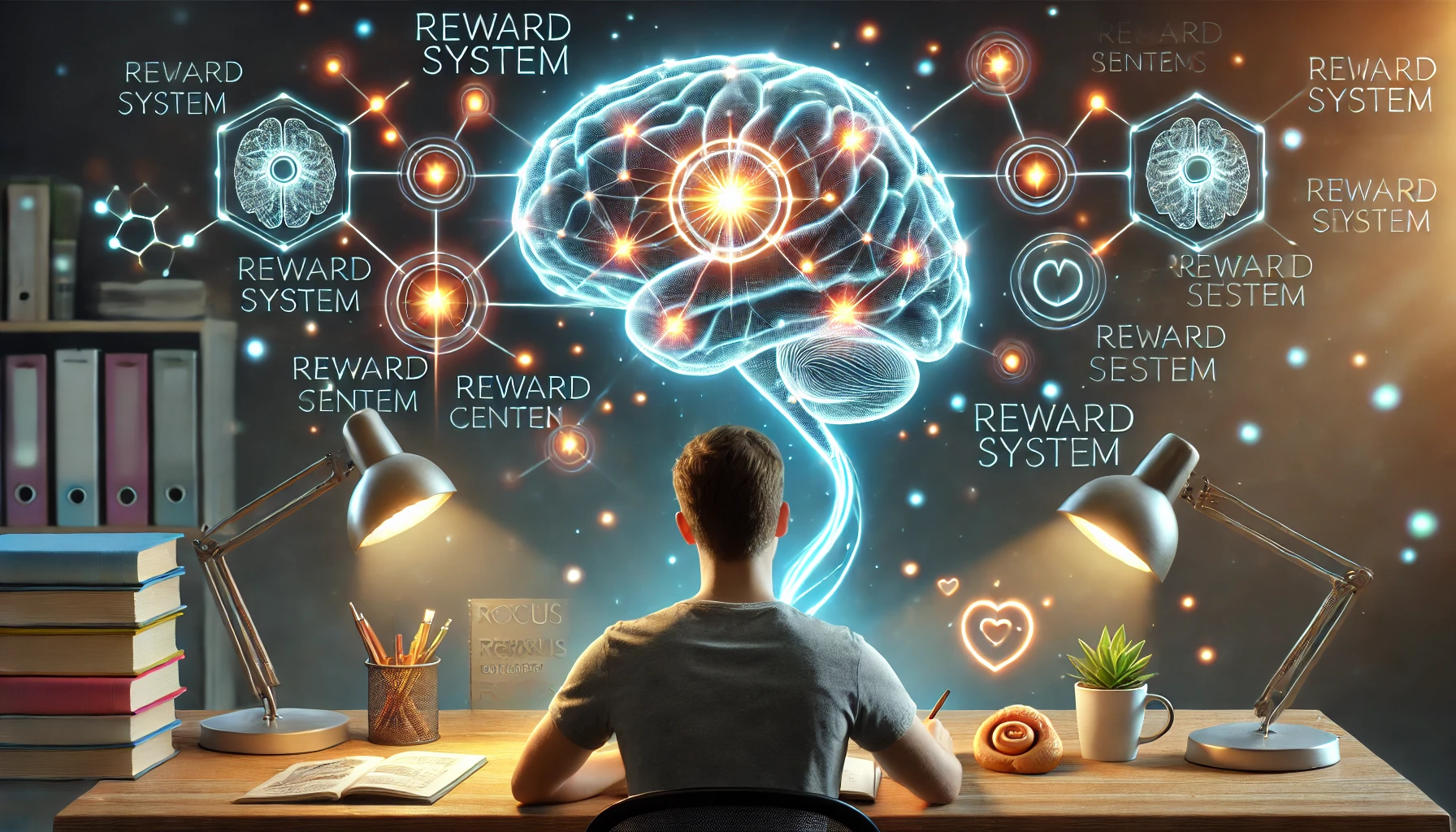
The Power of the Reward System in the Brain and How to Use It for Focus
Your brain is constantly seeking rewards. Every time you accomplish a task, experience pleasure, or achieve a goal, your brain ...
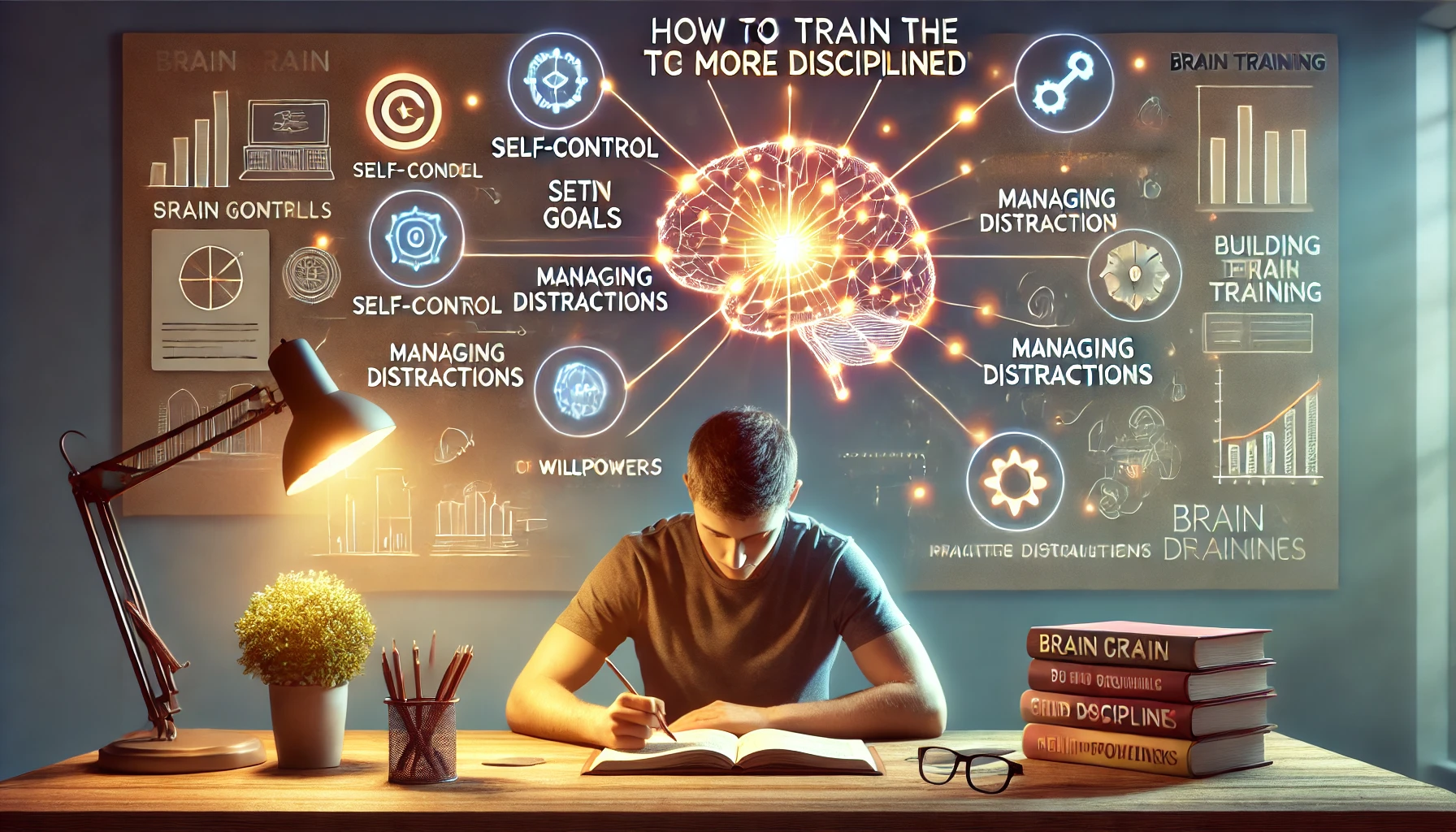
How to Train Your Brain to Be More Disciplined
Self-discipline is often seen as a personality trait, but neuroscience shows that discipline is a skill that can be trained ...
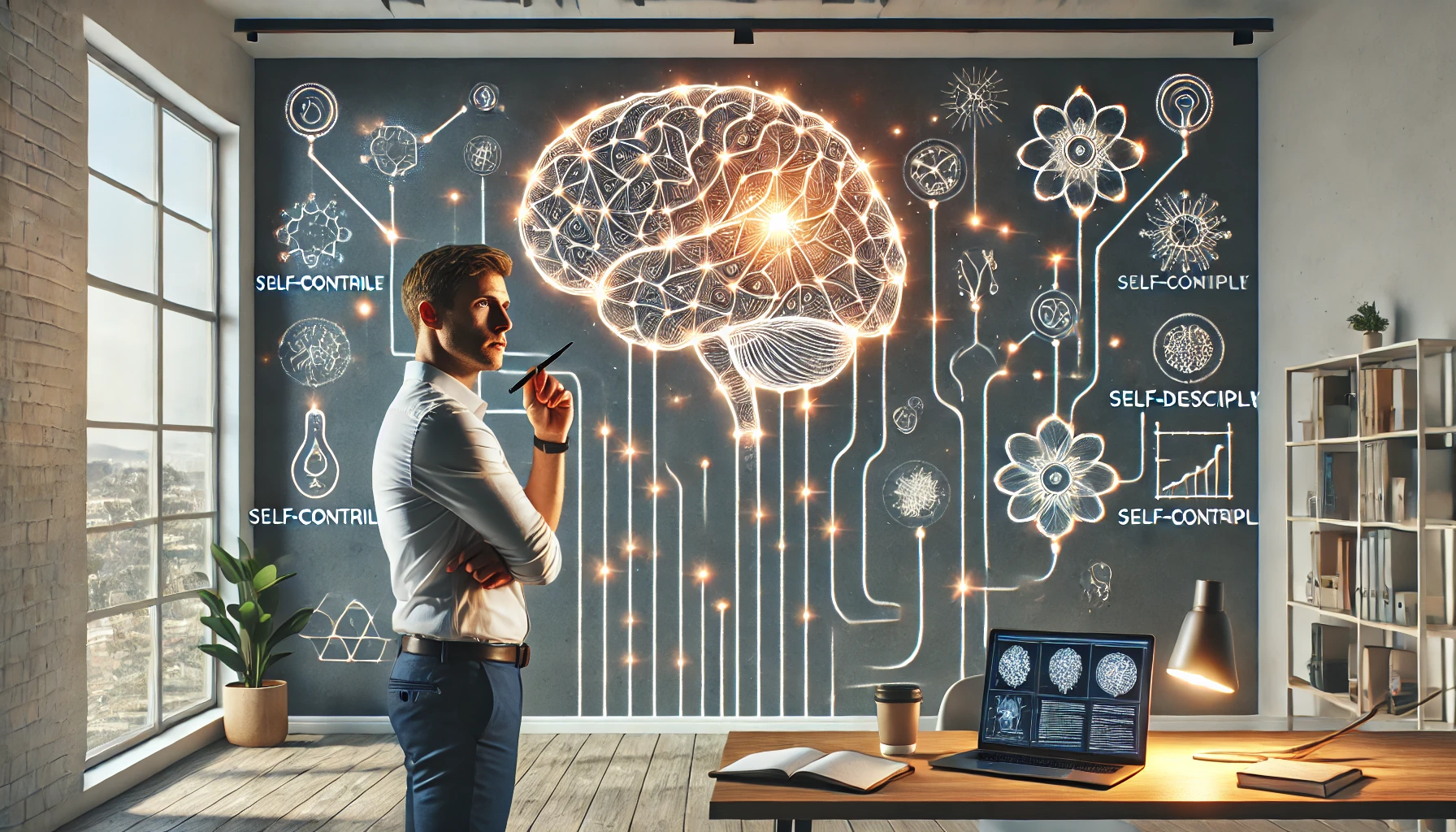
What Neuroscience Says About Self-Discipline and How It Can Improve Your Life
Self-discipline is often seen as a matter of willpower, but neuroscience reveals that it’s actually a skill shaped by brain ...




